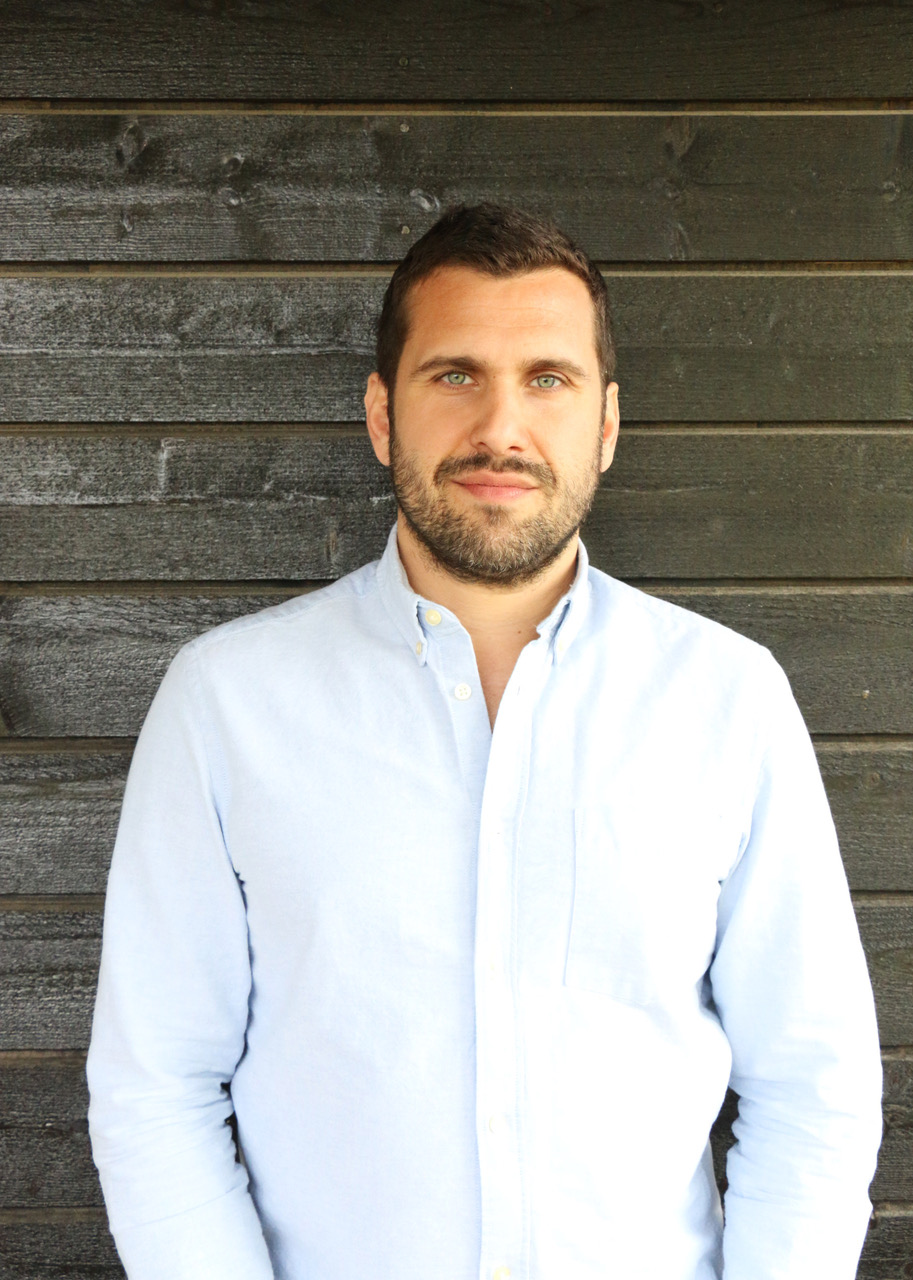In the most exciting news for the rapidly growing world of environmental physiotherapy, World Physiotherapy, the sole international voice for physiotherapy representing more than 685,000 physiotherapists through 125 member organisations from around the world, has released its first-ever draft policy statement on climate change and health earlier this week.
You can download and read the draft policy statement from the World Physiotherapy website here (at least for now, in English, but I’m sure translations will follow soon). This draft statement is pending approval at the general meeting in 2023, likely around the World PT Congress that will be taking place at the beginning of June 2023. So the truly exciting thing about it is that you can still give your feedback before that time and World Physiotherapy invites you to do so by sending your email directly to info@world.physio.
Several members of the EPA have already had the opportunity to provide feedback during the process of its creation, but it is likely we will do so again and we hope you will too. If you do, we would love it if you could indicate this to us using the comment section below this blogpost, maybe especially in the hope that your participation will inspire others also to voice their opinion, give their feedback, and help shape our professions’ involvement in this critical health issue. We, the EPA exec, will surely continue to provide feedback and support this process.
To be clear, this draft policy statement is both a huge step and a small step. There is more that needs to be done, to improve the policy statement, and even more so to implement that which it stands for. But this is also an incredible next step for us to build on further and continue our work.
Whatever you might have to add in your feedback or beyond it, there is one thing that is absolutely certain with the publication of this draft policy statement, and this is the very foundation on which the Environmental Physiotherapy Association and the entire idea of environmental physiotherapy are built on: It is that physiotherapy, the health of our clients, and the environment can neither be thought nor practised in distinction from one another.
To make sure we do this well, we encourage you to read, download and provide your feedback on the World Physiotherapy draft policy statement: climate change and health now!
Let’s go #EnviroPT 🌍🌎🌏🚑

Filip Maric (PhD)
A/Prof, EPA Founder & Executive Chair
Filip Maric is Associate professor at UiT The Arctic University of Norway, and founder of the Environmental Physiotherapy Association. He is interested in the outer rims of healthcare and critical physiotherapy, philosophy, #EnviroPT, environmental post/humanities, planetary health and sea kayaking.


Filip,
Thank you so much for letting those of us who were not aware of the statement know.
My pleasure Aviva. Will you be submitting some feedback and, if so, would you care to share it?
Hello Filip,
Indeed good news, thank you for sharing with the EPA community!
I reviewed the draft and think the main focus of the document on climate change misses an important chance to sensitise for the profession’s responsibility to addressing other urgent environmental issues with similar weight and impact on health as well. Also biodiversity loss or environmental degradation/poisioning affect health and wellbeing of humans and other living beings severely.
For example, there is evidence for the influence of pesticides on the microbioma of the gut, contributing to the rise of neurodegenerative diseases. Or, killing bees and other organisms by herbicides affects both biodiversity and cultivation of healthy and natural food.
In my opinion, acknowledging all SGDs is good in general, but not specific enough for such an important policy statement. A more holistic perspective would be important. Therefore I will be happy to provide feedback on the draft. I hope that many of us will follow!
Best wishes,
Andrea
My feedback:
Climate change surely impacts everyone but we are obligated (in my opinion) to always acknowledge issues of environmental justice in our policies. Is it possible to incorporate some wording into the policy statement about the ways in which climate change disproportionally affects marginalized communities? In the US, for instance, this means communities that are already healthcare under-resourced and that are least able to prepare for and recover from, heat waves, poor air quality, flooding, and other impacts.
-Julia
I couldn’t agree more Julia, this is an absolutely critical point. I will have to re-read the draft policy but I feel like there was only a small side-note commenting on this. Maybe the trick would be to point out how this could be expanded or, if there is no place yet to do so, what to add where. Will you be sending something to World Physiotherapy yourself or would you prefer formulating something that we can then send via the EPA? Maybe copy and paste it here as well?
It was so exciting to read through this statement. Echoing everyone else’s comments my main feedback on this policy was:
1) Clearer commitment to climate justice and a Just Transition
2) Support of member/organization participation in climate activism (actions that urge the government to engage in evidence-based and timely climate action/policy).
I wrote out my full feedback here: https://docs.google.com/document/d/1CxiCVfg2RfmfKFt9iQecgPCAAI7flvrIjaignCtl8dk/edit
Happy for members to add comments to this doc 🙂